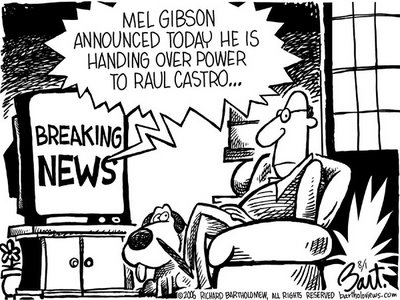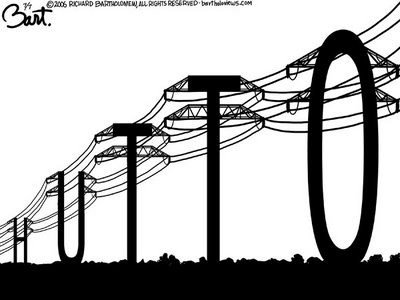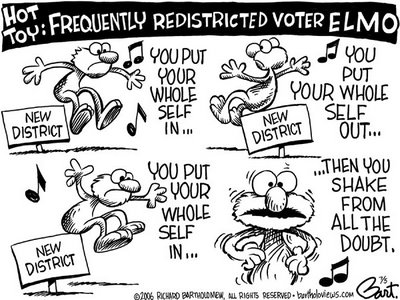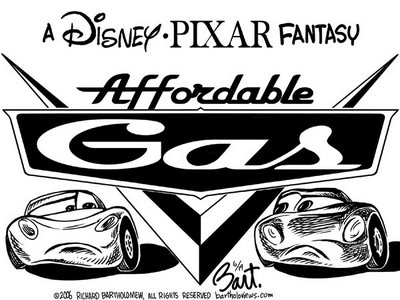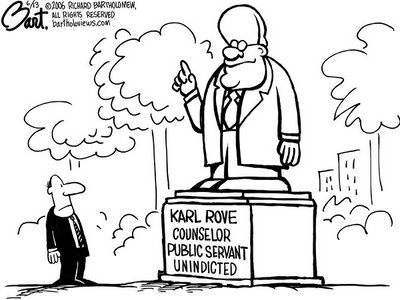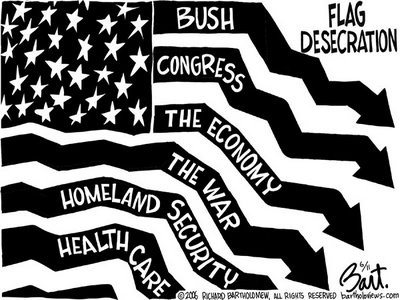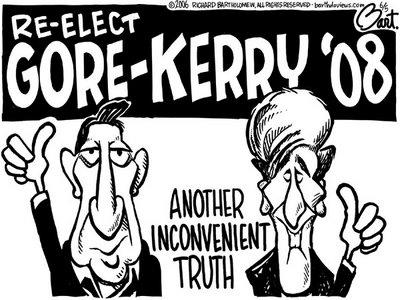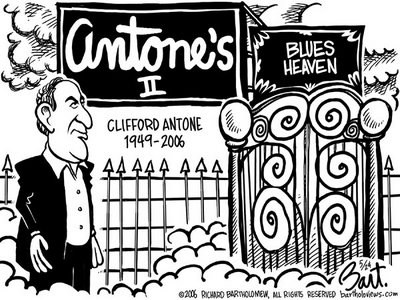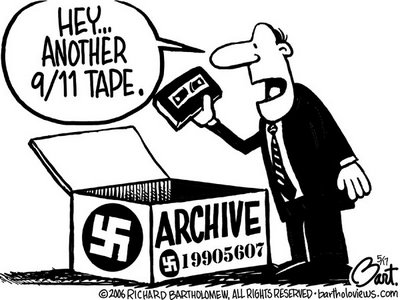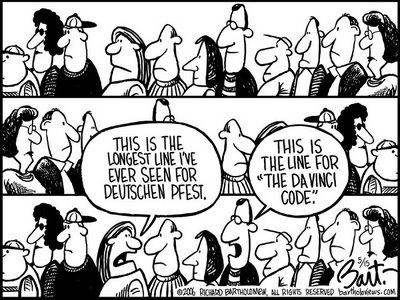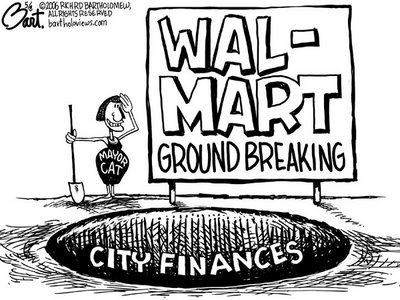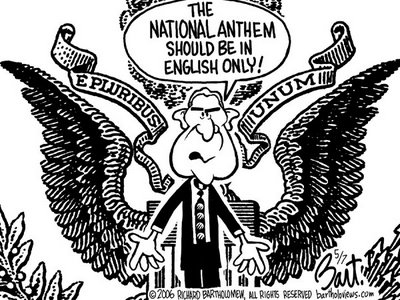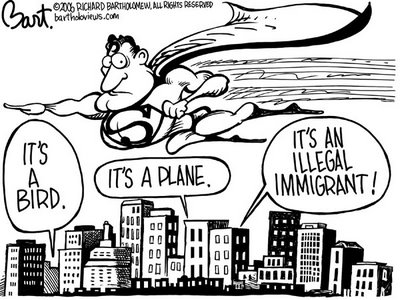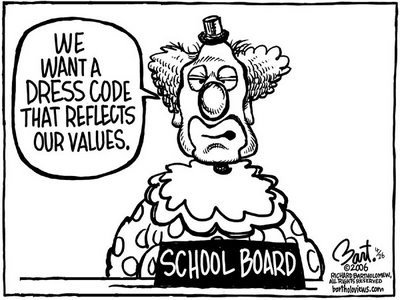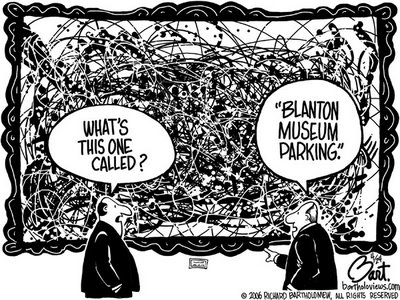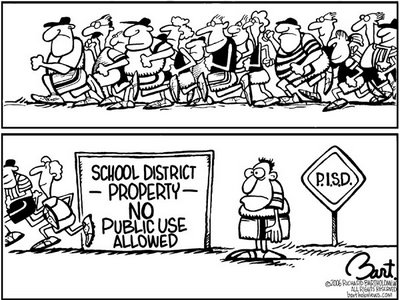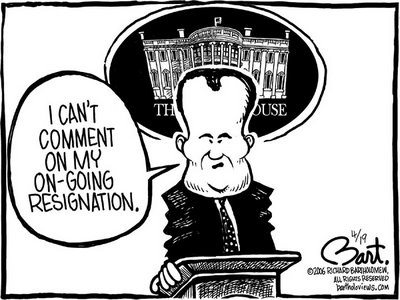
This was my reaction, and I think the reaction of the most politically savy Texans upon hearing about Deadeye Dick Cheney’s little mishap with a shotgun. The history of the Texas Armstrong family will be the most underreported aspect of this story, including its politically influencial daughter-in-law,
Anne, and the relationship between the Armstrong family and the Bush Crime Family. There is also the related story of Bush’s other hunting companion, close friend and confidant, William “Will” Stamps Farish III, whose family has
ties to companies that helped sponsor the Nazis. The Bushes have an annual hunt on the Farish’s Beeville, Texas ranch.
Sydney Blumenthal wrote the following in his column,
“Shoot First, Avoid Questions Later”:
Katharine Armstrong is linked to two family fortunes — those of Armstrong and King — that include extensive corporate holdings in land, cattle, banking and oil. No one in Texas, except perhaps Baker, but certainly not latecomer George W. Bush, has a longer lineage in its political and economic elite. In 1983, Debrett’s Peerage Ltd., publisher of “Debrett’s Peerage and Baronetage,” printed “Debrett's Texas Peerage,” featuring “the aristocrats of Texas,” with the King family noted as the “Royal Family of Ranching.” The King Ranch, founded by Richard King in 1857, is the largest in Texas, and its wealth was vastly augmented by the discovery of oil on its tracts, making the family a major shareholder of Exxon. The King Ranch is the model for Edna Ferber’s novel of Texas aristocracy, “Giant.”
John B. Armstrong, a Texas Ranger and enforcer for the King Ranch, founded his own neighboring ranch in 1882, buying it with the bounty of $4,000 he got for capturing the outlaw John Wesley Hardin. In 1944, almost inevitably, the two fortunes became intertwined through marriage. Tobin Armstrong’s brother John married the King Ranch heiress, who was also a Vassar classmate of Tobin’s wife, Anne, who came from a wealthy New Orleans family....
While the incident continues to unfold, the Bush administration is pressing a new budget in which oil companies would receive what is called “royalty relief,” allowing them to pump about $65 billion of oil and natural gas from federal land over the next five years without paying any royalties to the government, costing the U.S. Treasury about $7 billion. For Texas royalty like the Armstrongs, it would amount to a windfall profit.
The curiosities surrounding the vice president's accident have created a contemporary version of “The Rules of the Game” with a Texas twist. In Jean Renoir’s 1939 film, politicians and aristocrats mingle at a country house in France over a long weekend, during which a merciless hunt ends with a tragic shooting. Appearing on the eve of World War II, “The Rules of the Game” depicted a hypocritical, ruthless and decadent ruling class that made its own rules and led a society to the edge of catastrophe.
